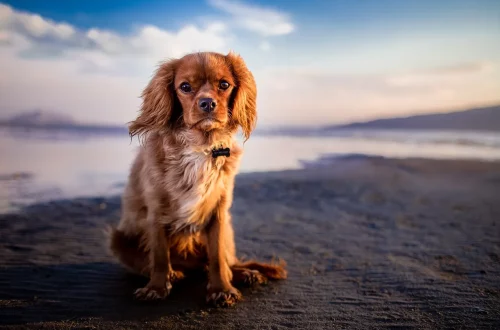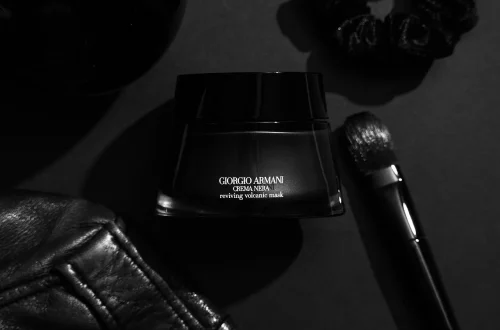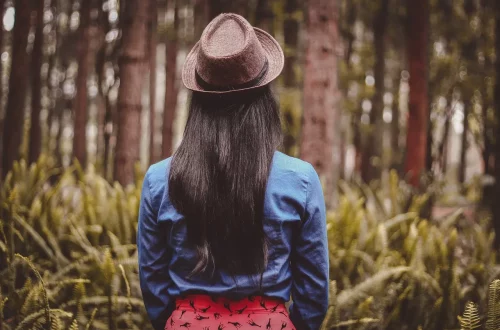
Why Does My Dog Cough After Drinking Water? Understanding the Causes
Understanding your dog’s health and behavior can sometimes feel like deciphering a complex code. As a dog owner, you may notice certain patterns or reactions in your pet that prompt concern, especially when it comes to something as routine as drinking water. Coughing after drinking can be a perplexing experience, leaving you wondering about the underlying causes and whether you should be worried. This common occurrence can stem from a variety of factors, ranging from simple behavioral quirks to more serious health issues.
When dogs cough after drinking, it can be alarming, but it’s essential to remember that not every cough is a cause for concern. Understanding the nuances of canine anatomy, hydration habits, and potential health conditions is crucial for any dog owner. Dogs, like humans, have unique physiological responses, and their reactions can vary greatly depending on several elements, including their age, breed, and overall health.
In this exploration, we will delve into the various reasons dogs might cough after drinking water, equipping you with the knowledge you need to discern when a simple cough is just that, and when it might signal something more significant. By fostering a deeper understanding of your furry friend’s health, you can ensure they lead a happy and healthy life.
Potential Health Issues That Cause Coughing
Coughing in dogs can sometimes indicate underlying health issues that require attention. One of the most common concerns is the presence of respiratory infections, which can lead to inflammation in the airways. Conditions such as kennel cough, which is highly contagious, can cause a persistent cough that may be triggered by drinking water. If your dog has been in contact with other dogs or has shown signs of lethargy, sneezing, or nasal discharge, it’s essential to consult a veterinarian.
Another health issue to consider is the possibility of heart disease. Dogs with heart conditions may experience coughing due to fluid buildup in the lungs or increased pressure in the airways. This can be exacerbated when they drink water, as the act of swallowing may put additional strain on their respiratory system. If your dog is coughing frequently, especially during or after drinking, along with other symptoms like fatigue or difficulty breathing, it’s crucial to seek veterinary care promptly.
Allergies can also play a role in coughing after drinking. Just like humans, dogs can develop allergies to various environmental factors, including pollen, dust, and even certain ingredients in their food. If your dog coughs after drinking and also exhibits signs of itching, sneezing, or watery eyes, allergies may be the culprit. Identifying and eliminating the allergen can help alleviate these symptoms.
Finally, tumors or growths in the throat or lungs can cause coughing as well. These conditions can be serious and may require medical intervention. If your dog’s coughing persists or worsens after drinking water, it’s essential to have them evaluated by a veterinarian to rule out any serious health concerns.
Behavioral Reasons for Coughing after Drinking
Sometimes, coughing after drinking water can stem from behavioral factors rather than medical issues. Dogs are known for their enthusiastic drinking habits, and this excitement can lead to them gulping down water too quickly. When a dog drinks rapidly, they may inadvertently inhale some of the water, leading to a coughing fit. This is more common in younger dogs or those with high energy levels, as their playful nature often influences their drinking habits.
Another behavioral aspect to consider is the environment in which your dog drinks. If your dog is anxious or stressed while drinking, they may swallow air along with the water, which can cause coughing. Factors such as loud noises, the presence of other animals, or even your own demeanor can impact how comfortable your dog feels during mealtime. Creating a calm and quiet environment for your dog can help mitigate this issue, allowing them to drink at a more leisurely pace.
Additionally, dogs that are overly excited or eager for playtime may rush through their drinking, leading to coughing. If your dog is prone to bouts of excitement, consider implementing a routine that allows them to calm down before drinking. Encouraging slow and steady drinking can prevent the occurrence of coughing and promote better hydration habits.
Lastly, some dogs develop a habit of coughing as a learned behavior. If your dog has previously coughed after drinking and received attention or care from you, they may associate this behavior with a positive response. In such cases, it’s essential to observe your dog closely and try to redirect their drinking behavior without reinforcing the cough.
Understanding the Anatomy and Physiology of Dogs
To fully grasp why your dog might cough after drinking water, it’s vital to understand their anatomy and how it compares to humans. Dogs have a different swallowing mechanism than people, which can sometimes lead to complications. When a dog drinks, they use their tongue to lap up water, which can lead to accidental inhalation if they drink too quickly or if the water is too cold.
The trachea, or windpipe, in dogs is located right above the esophagus, the tube that carries food and water to the stomach. This proximity can lead to situations where water accidentally enters the trachea, triggering a cough reflex. This is a natural response designed to protect the lungs from foreign substances, and it can happen to dogs of all ages.
Moreover, the anatomy of a dog’s throat is relatively narrow compared to their body size. As a result, any obstruction or irritation can lead to coughing. It’s essential to be aware of the signs of choking or distress, as this requires immediate attention. If your dog seems to have difficulty swallowing or shows signs of pain, it’s crucial to seek veterinary assistance right away.
Understanding these anatomical factors can help you manage your dog’s drinking habits more effectively. Encouraging slower drinking, providing smaller amounts of water at a time, and using elevated bowls can aid in preventing coughing episodes. These modifications can promote better hydration practices and reduce the likelihood of coughing after drinking.
When to Consult Your Veterinarian
While coughing after drinking water can be benign, there are specific circumstances when consulting a veterinarian is essential. If your dog coughs persistently, especially if accompanied by other symptoms like lethargy, vomiting, or changes in appetite, it’s time to seek professional help. These could be signs of a more serious condition requiring further investigation.
Additionally, if the cough produces any unusual discharge, such as blood or excessive mucus, this warrants immediate attention. A thorough examination by a veterinarian can help determine the underlying cause and establish an appropriate treatment plan.
Keep in mind that early intervention can often lead to better outcomes for your dog’s health. Regular veterinary check-ups can also provide opportunities for preventative care, ensuring your dog remains happy and healthy throughout their life. If you notice any changes in your dog’s behavior or health, don’t hesitate to reach out to your veterinarian for guidance.
In summary, understanding why your dog coughs after drinking water involves considering both behavioral and health-related factors. By observing your dog’s habits and being aware of the signs of potential health issues, you can take proactive steps to ensure their well-being.
**Disclaimer:** This article is for informational purposes only and does not constitute medical advice. For any health concerns regarding your pet, please consult a qualified veterinarian.




